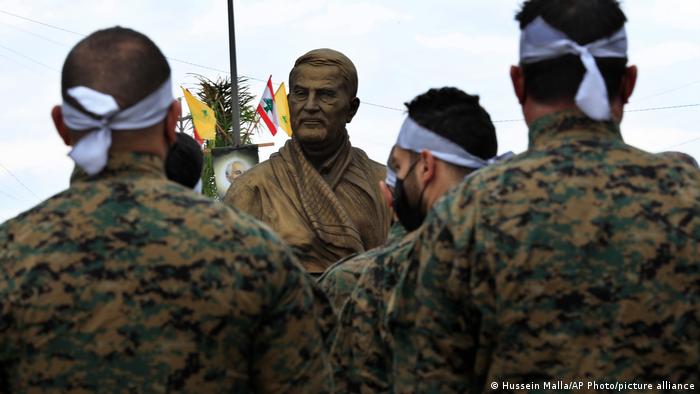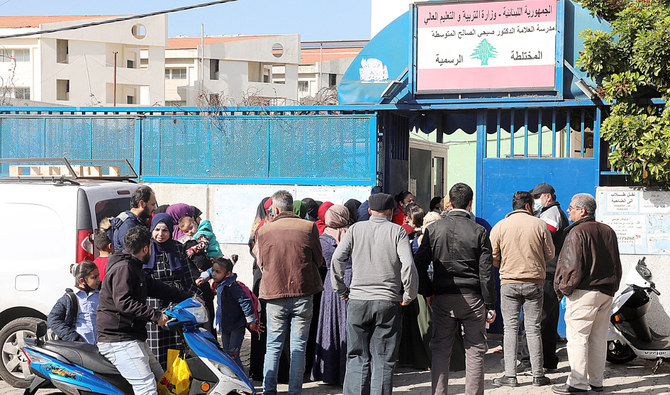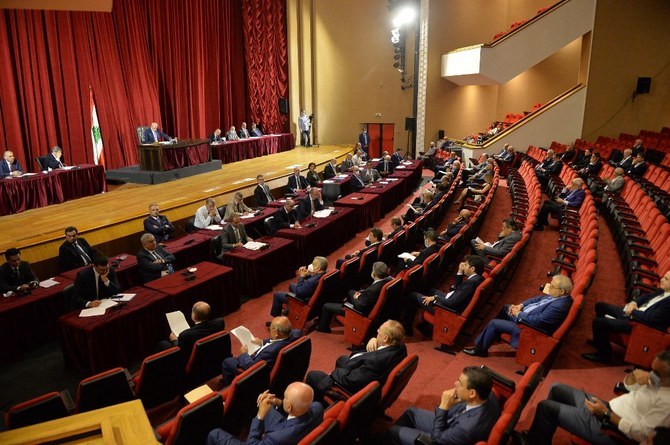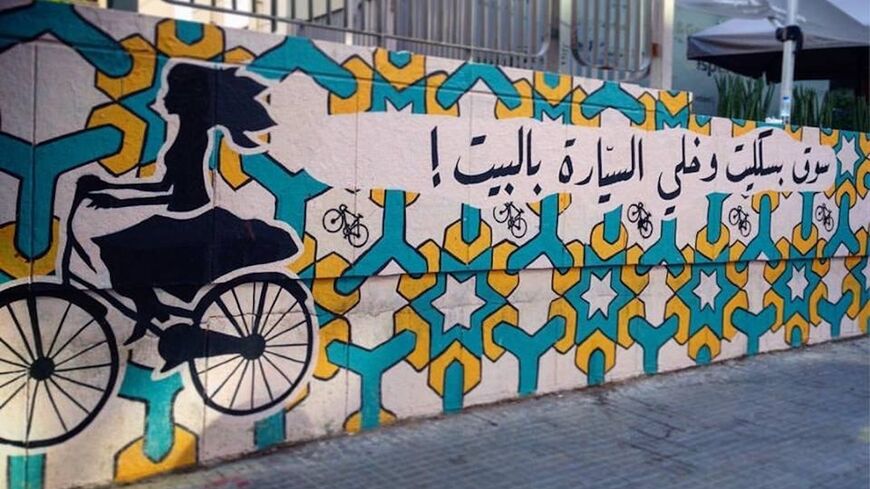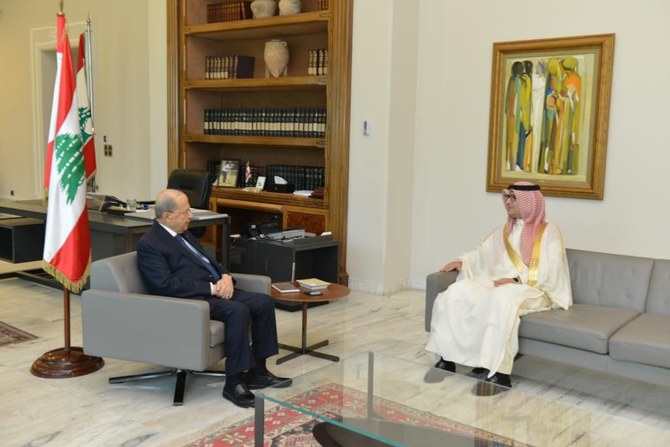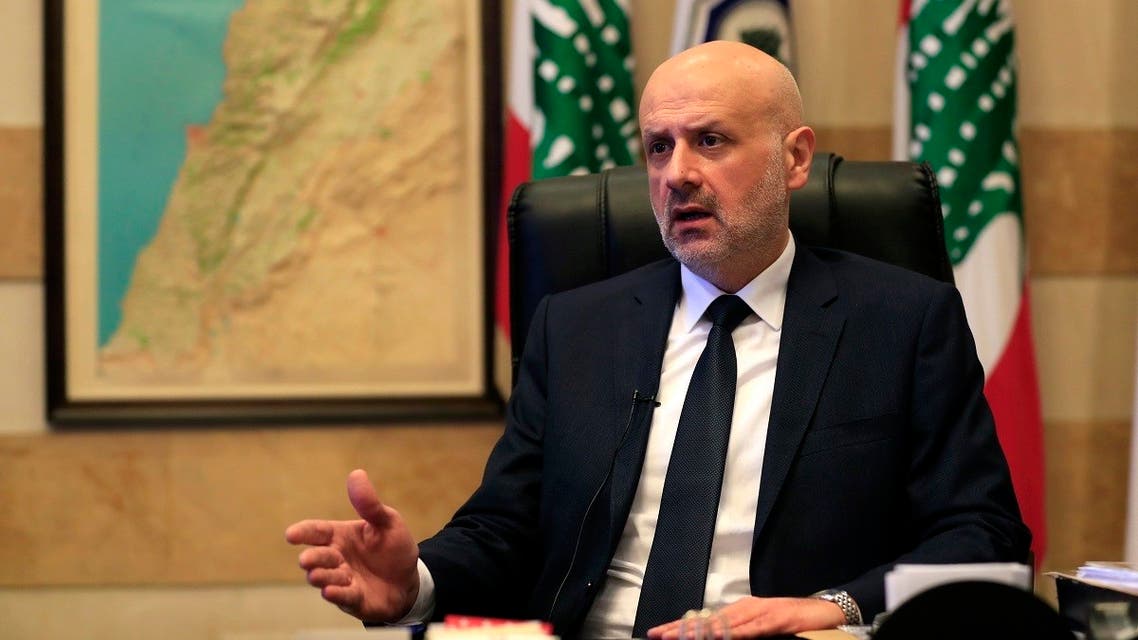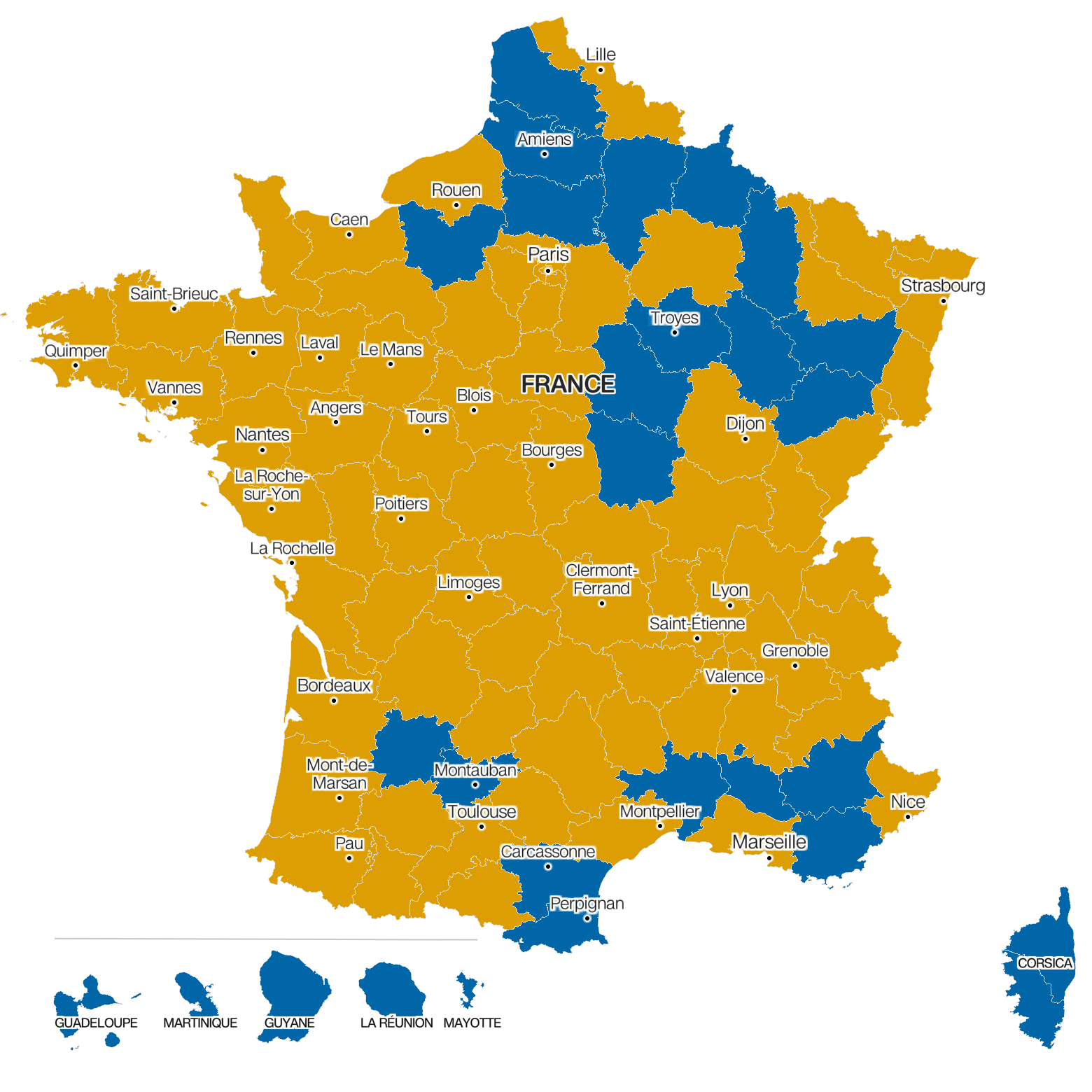
(CNN) By Analysis by Luke McGee, CNN — Emmanuel Macron will serve a second term as the president of France — the first person to do so since 2002 — pollsters have projected. His victory over right-wing rival Marine Le Pen by a relatively comfortable margin of 58.8% to 41.2% will be met with a huge sigh of relief in the capital cities of France’s most prominent allies — most notably in Brussels, home of the European Union and NATO. While Macron was always the favorite to win this race, the Russian invasion of Ukraine for many highlighted the need for Western unity in the face of aggression from a belligerent who seeks to undermine it. Among NATO allies and the EU, that unity has more or less stuck during the crisis, but officials feared a Le Pen victory could rock the trans-Atlantic relationship.
Le Pen could almost be purpose built as someone leaders of the Western alliance would least like running a country as important as France. France is a member of NATO, the EU and the G7. It has a permanent seat on the United Nations Security Council and is a nuclear power. Yet despite its deep embedment in these pillars of the Western order, France also historically favors an autonomous foreign policy, meaning it can act as a broker between the US-led Western order and nations like Iran, China and Russia. Le Pen’s previous ties to Russia, unenthusiastic view of NATO and hostile view of the EU meant that her victory would have rattled cages around the world. However, if the projections are correct, the scale of Macron’s victory tonight will mean celebrations are cut short for many French allies. Far from Macron’s impressive 2017 victory, where he defeated Le Pen comfortably with 66% of the vote, that margin is now much smaller. For all that defeating the far-right for the second time is a great victory for Macron, France’s allies will be very awake to the fact that nearly 42% of French voters, according to the data, supported someone who stands against so much of what they are for.
Vision of European unity
